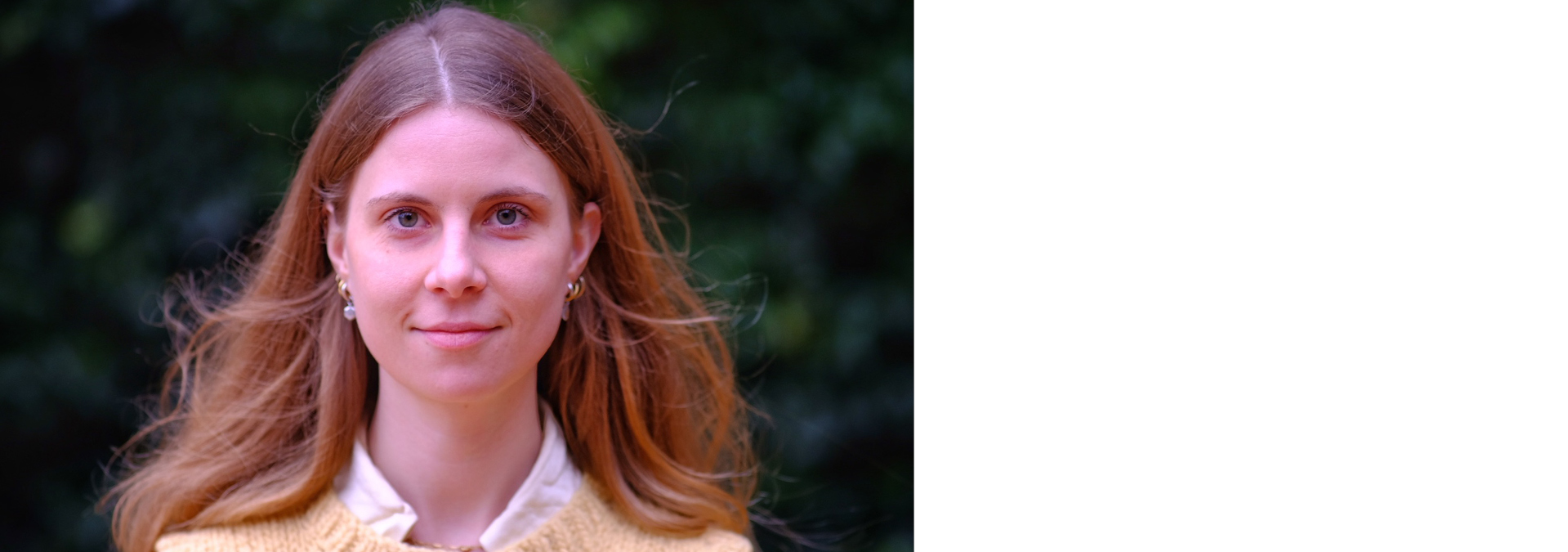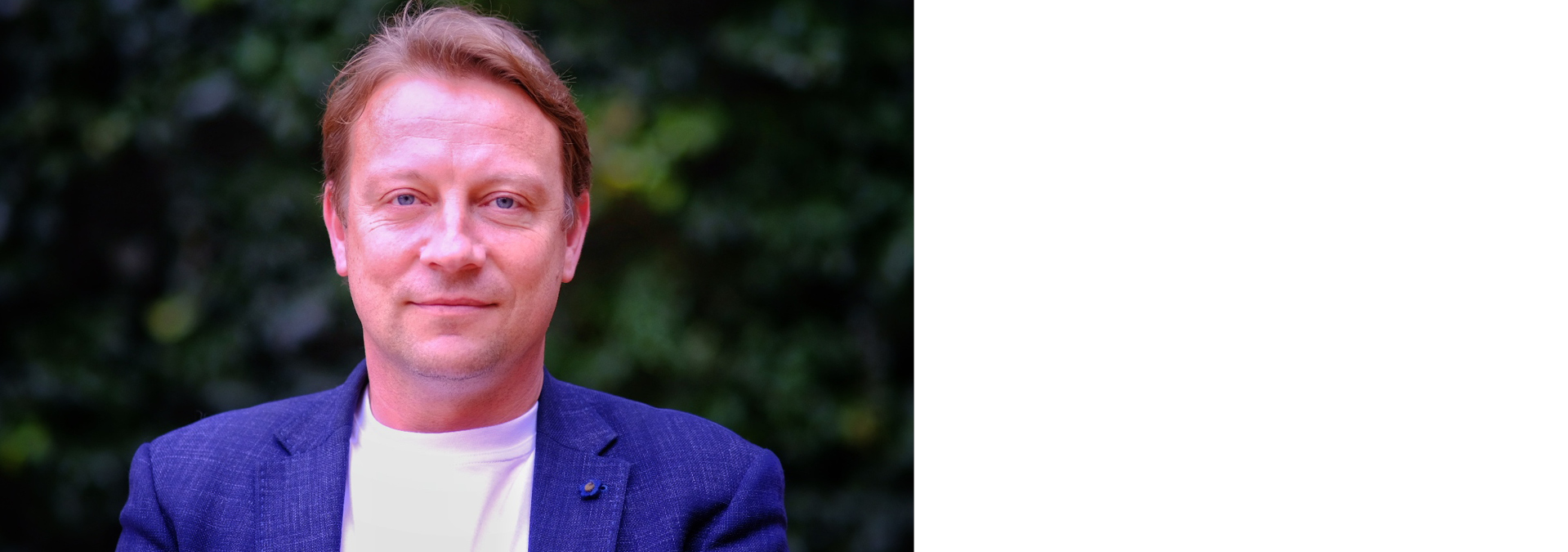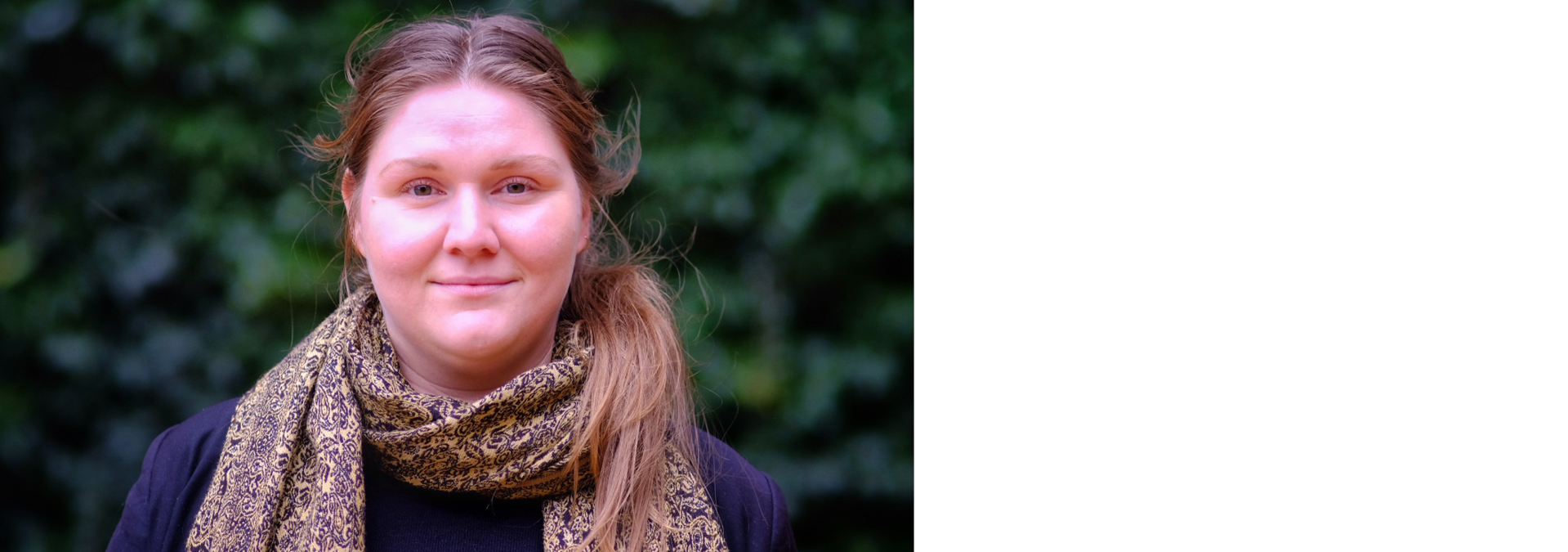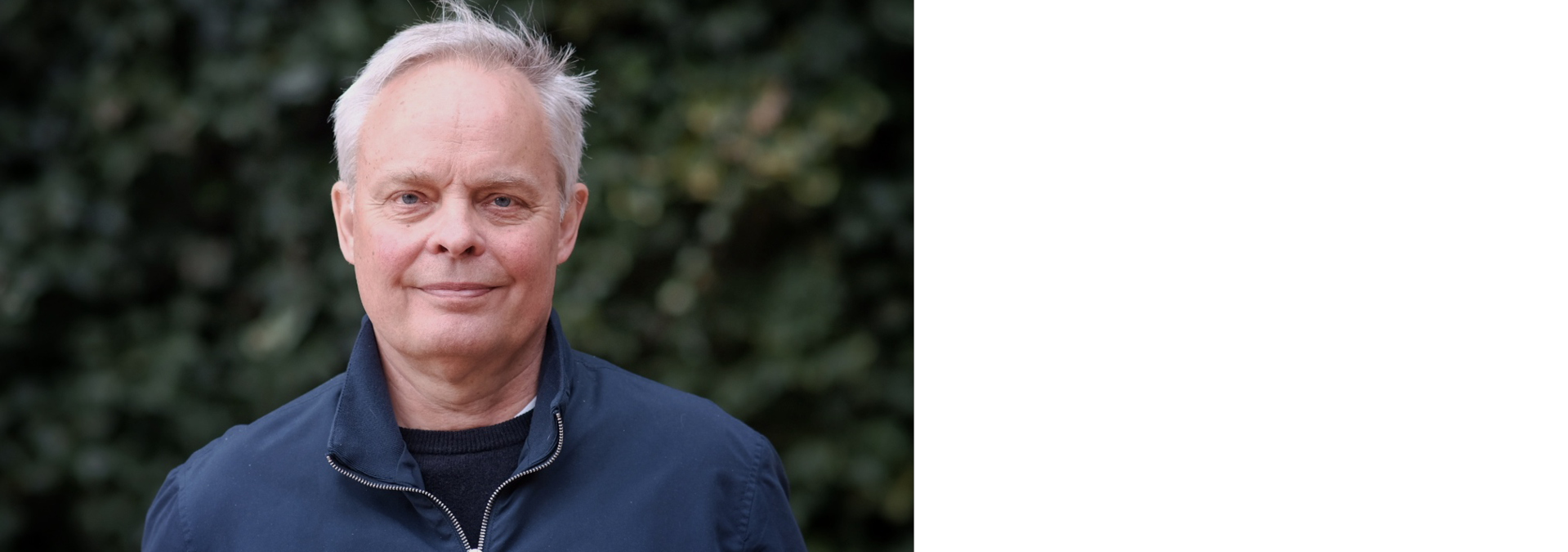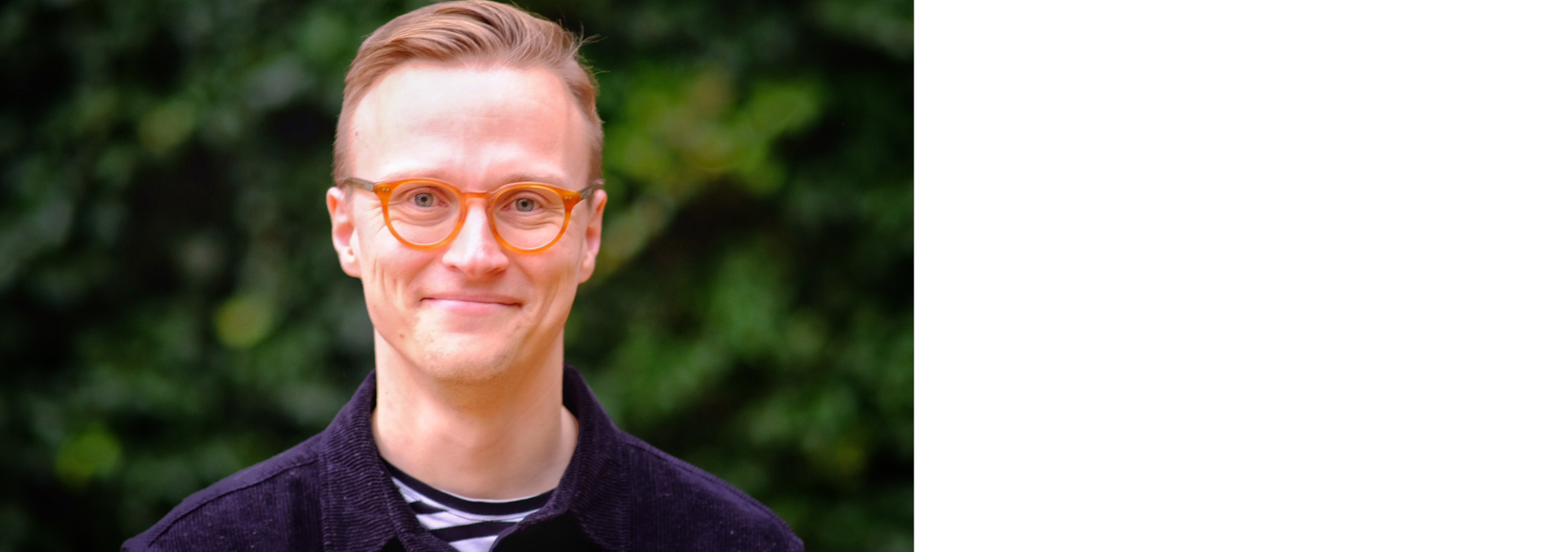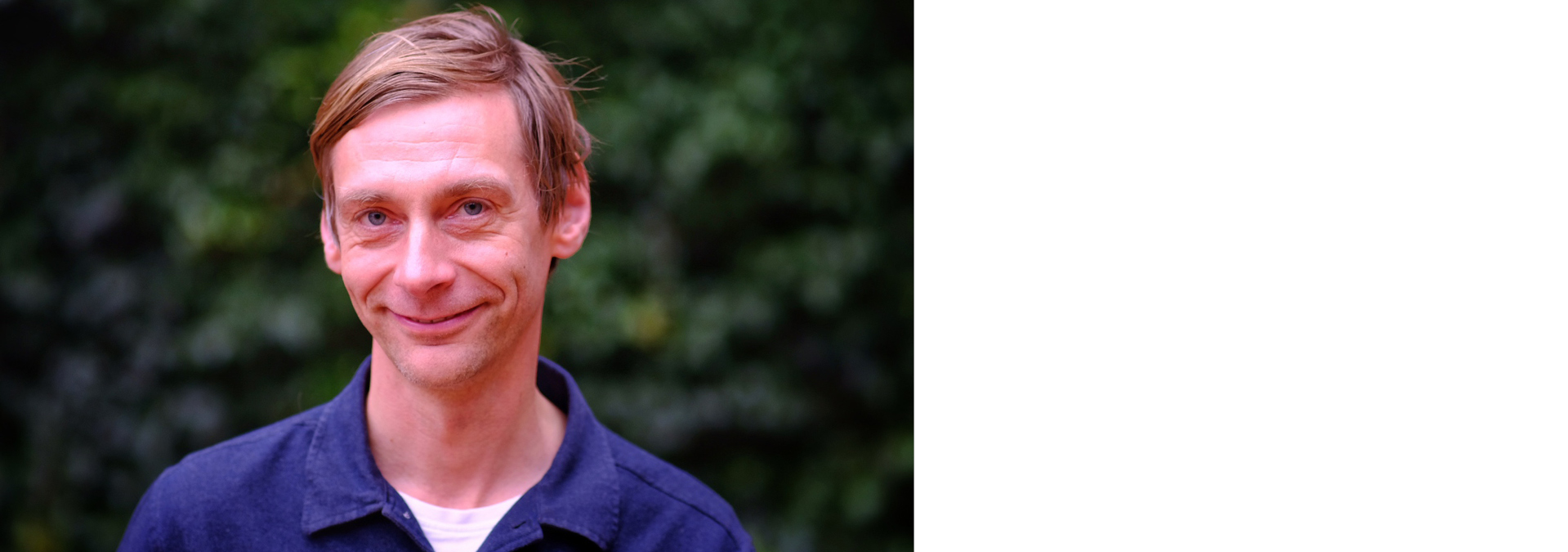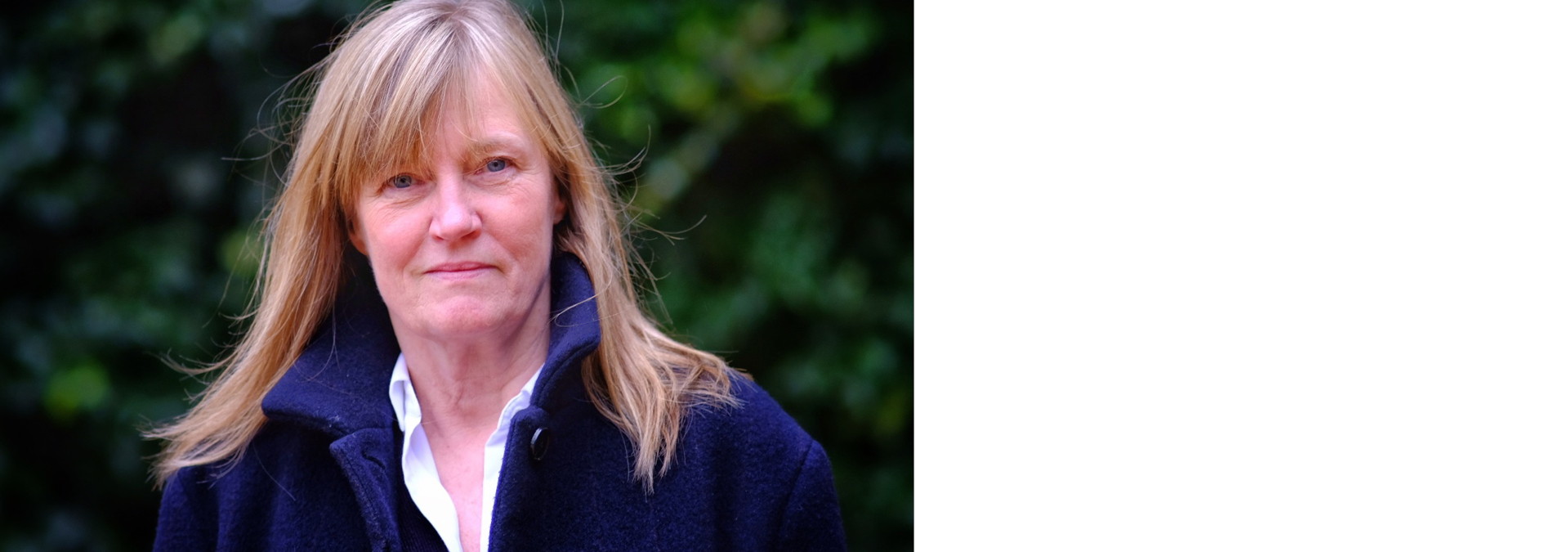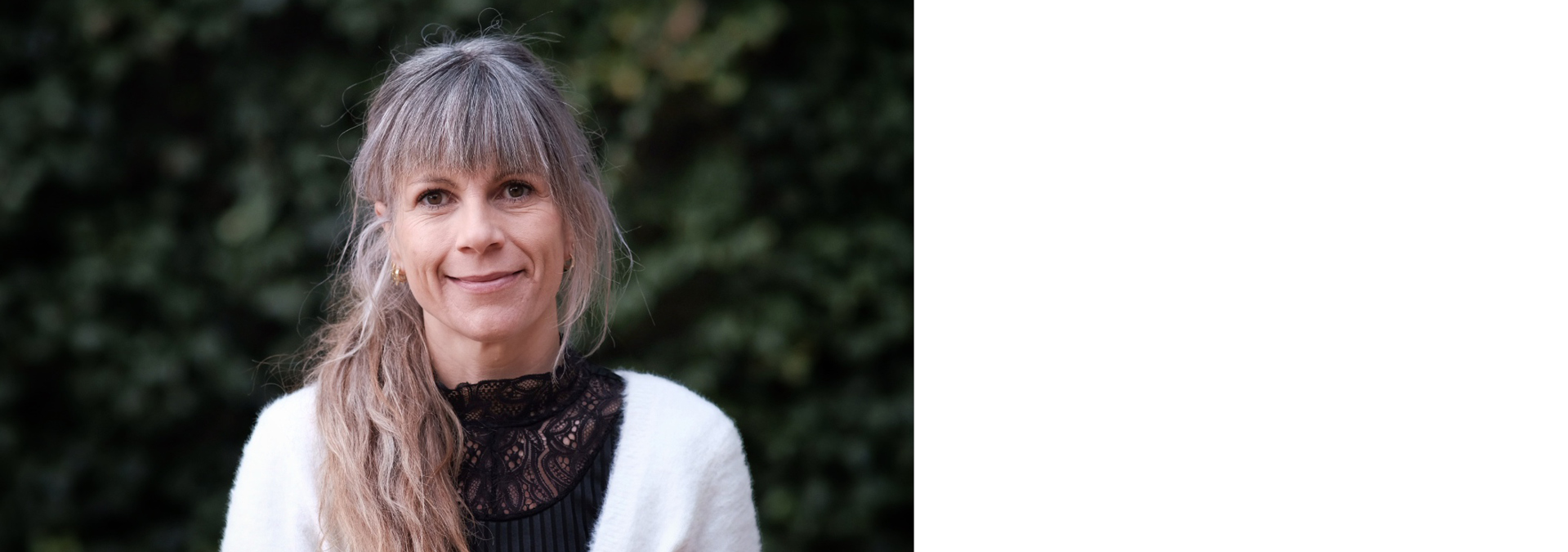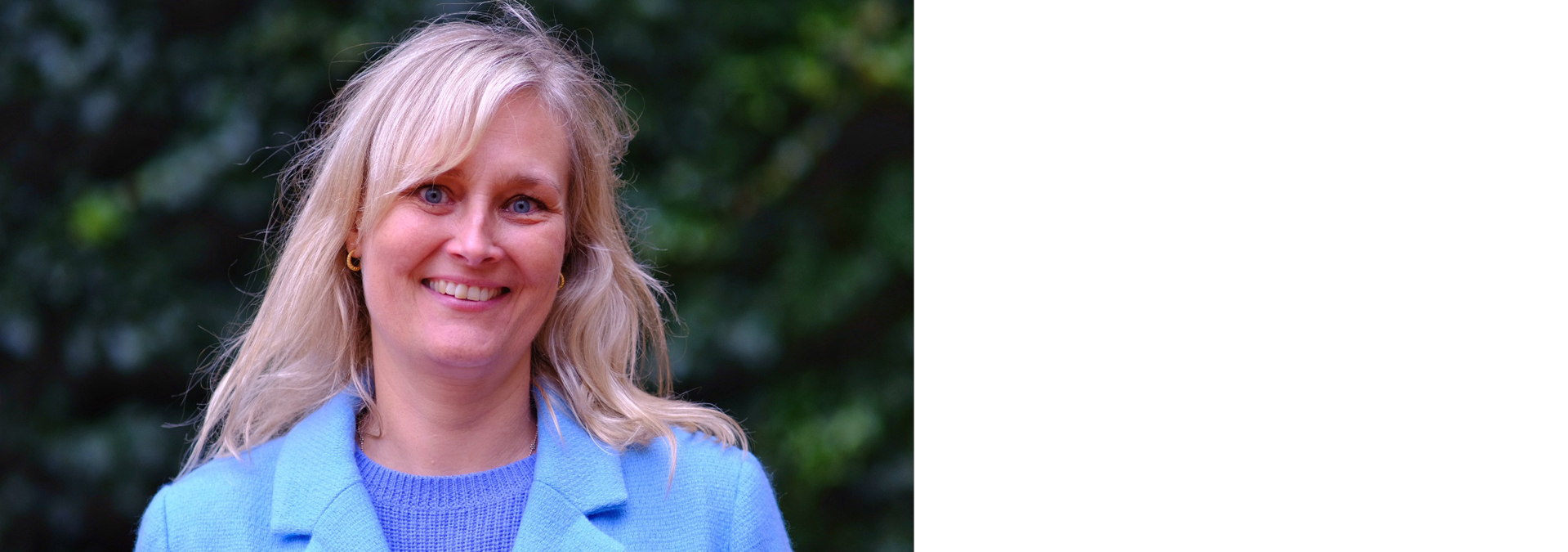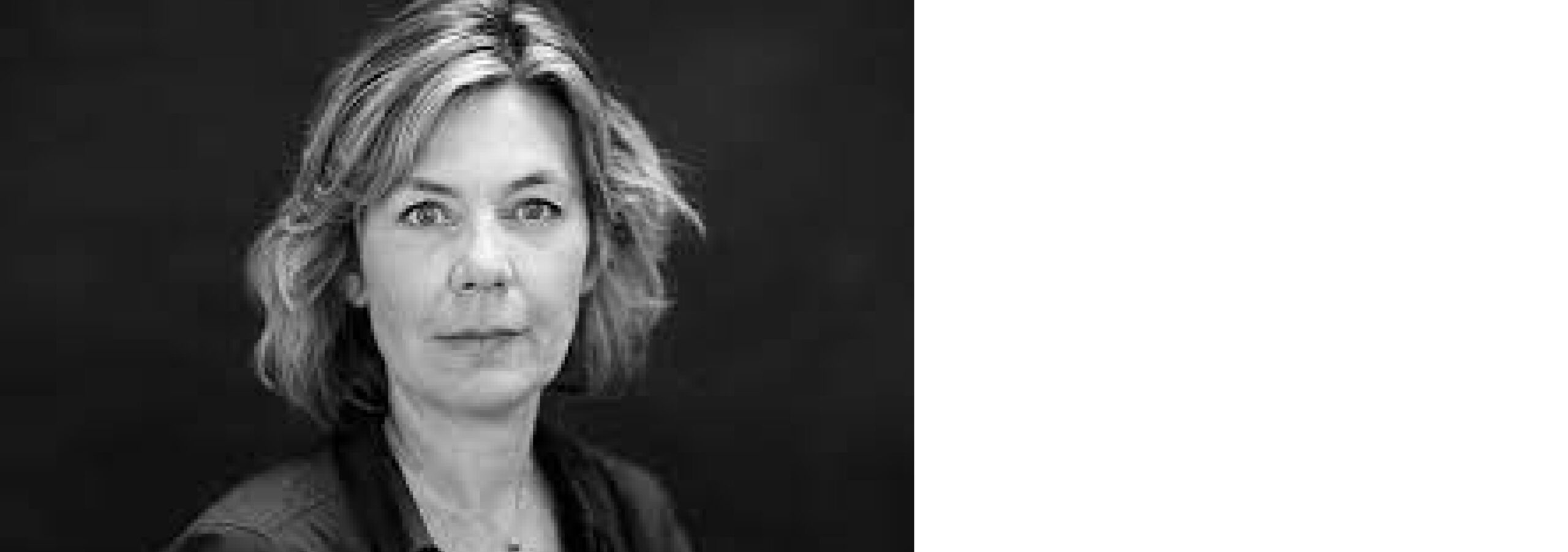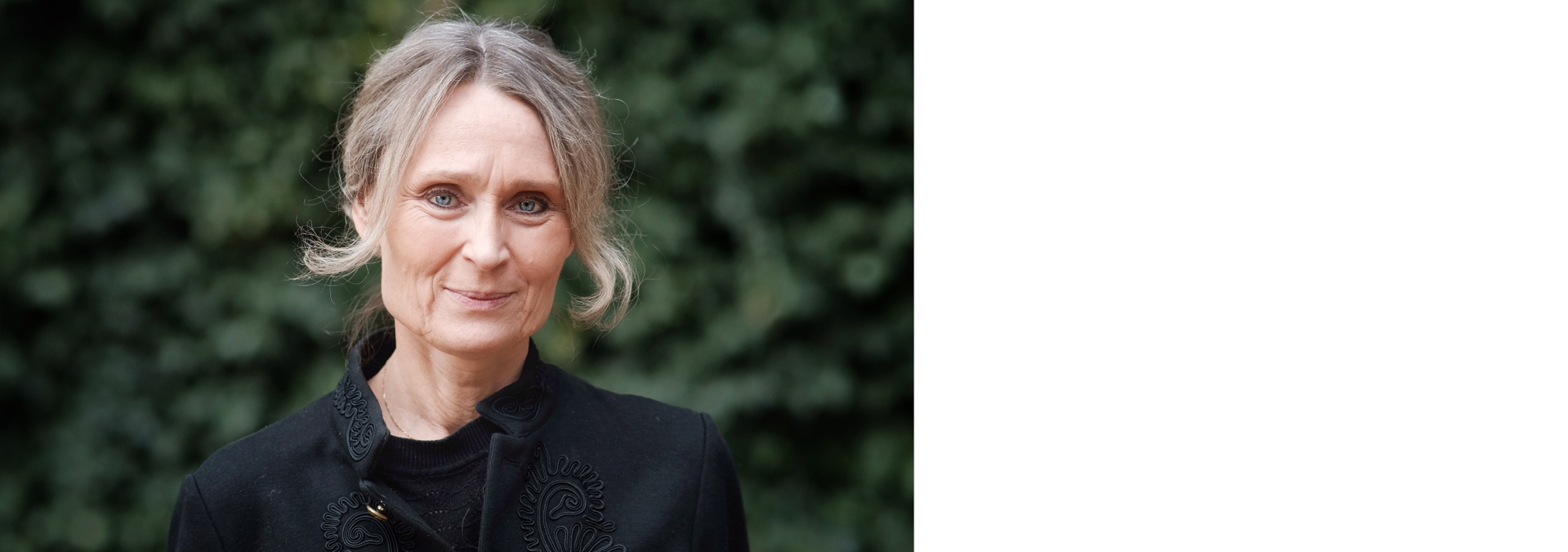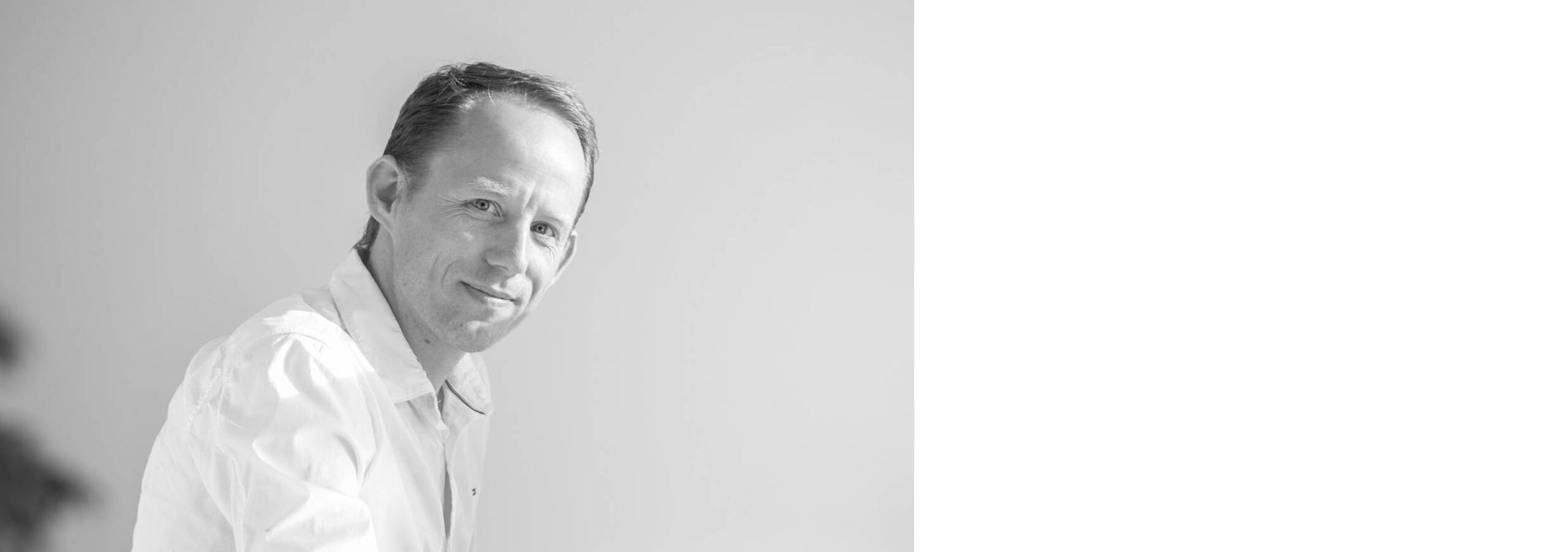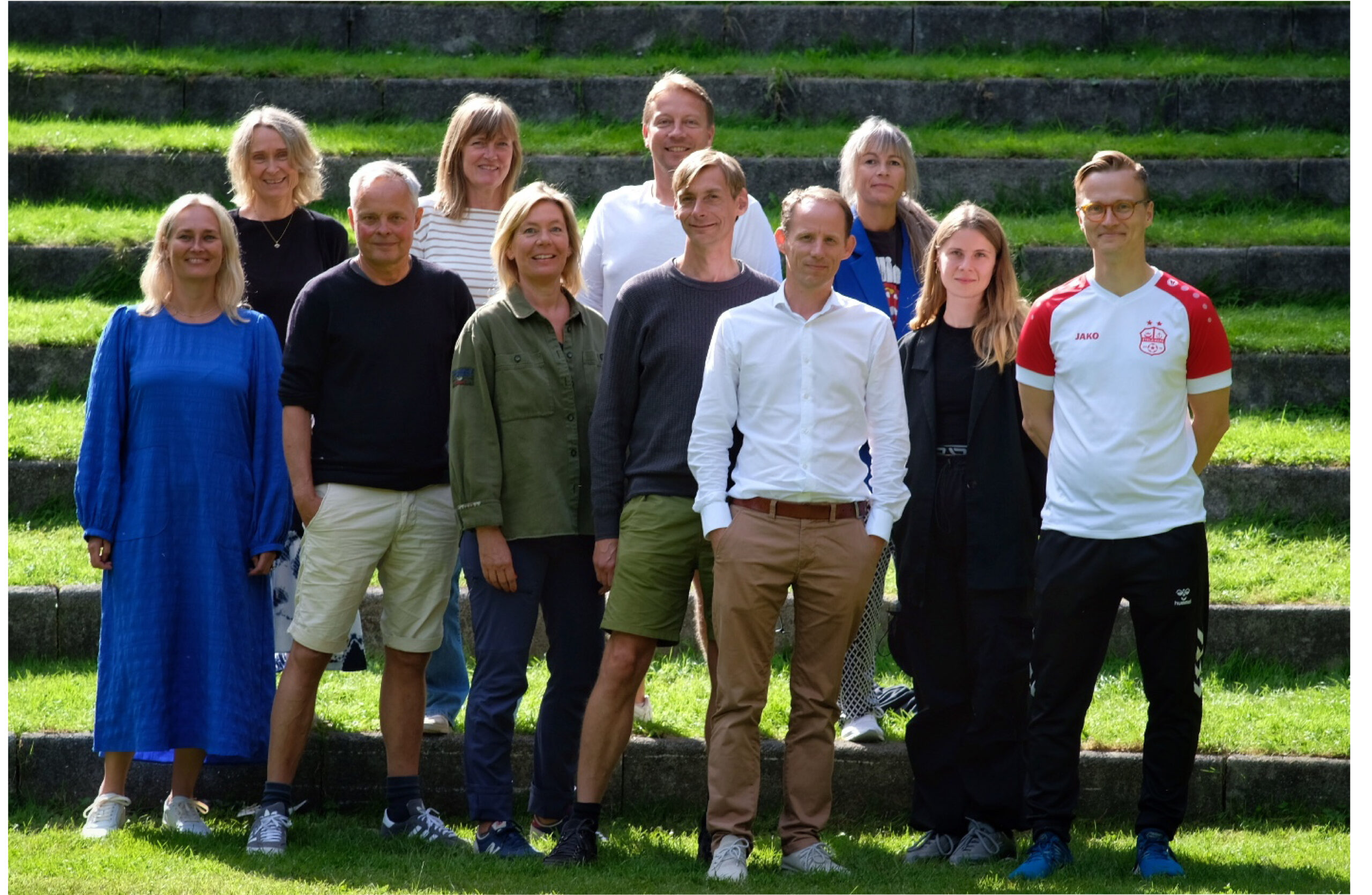
We are proud to present to you the talented constructive journalism alumni of 2023-2024.
Changing my approach to journalism
When I wrote my application for the fellowship at Constructive Institute, I had a very weak idea of some thoughts I had been thinking for years: Why is it so difficult to make sustainable local journalism?
Since I got my first job at NORDJYSKE Medier in 2006, local journalism has declined year after year with cutbacks, layoffs and still fewer local journalists doing the day to day storytelling about people’s life outside of the big cities.
No matter what was tried, nothing worked.
So, my loose ideas were about changing the narrative for local journalism completely. And that became my quest, reinforced by the fact, that I was fired from my day job two months into the fellowship. Another local media failed to be economically self-supporting.
The fellowship has been a rollercoaster between time to actually think and reflect, inspiration from the finest colleagues from all over the Danish media landscape, an introduction to some of the brilliant minds of 50.000 students and teachers at Aarhus University and remarkable debates and talks in the lounge and eye-opening study trips.
In combination real-life inspiration and academic inspiration has been the most privileged and giving fellowship and has resulted in my contribution to a new narrative for local journalism.
Accordingly, I have also changed my perspective of local journalism. In the future I will strive most more to be a part of the community and not just describe it from the outside. Not that I will no longer be critical, constructive and independent and objective. I will.
But there are so many places people can go for information, and there are no longer need for local journalism if it doesn’t contribute to people’s everyday life in a way that’s makes journalism important and indispensable.
I will listen more and I will strive to be multifaceted in the way of making my journalism easier to access for more people the I have done so far.
Had I not been a fellow at Constructive Institute, my career as a journalist would probably had ended when I got fired. I had no more resources to fight yet another losing battle.
Luckily the fellowship made me fall in love with journalism again. It has change me, and given me a new approach to local journalism that I hope will help change the narrative for local journalism and bring it back to the center of people’s life’s, of well-functioning communities facilitation and helping common democratic conversations.
That is the purpose of journalism. And can we do that and earn peoples trust, I think we can survive in a world of AI and SoMe, fake news and news fatigue.
I received a scholarship from the HS Foundation for 2023-2024 to study in Aarhus, Denmark. The studies went extremely well overall, and it was a rewarding year. I had set three goals for myself before the start of the studies. Firstly, I wanted to learn more about journalism, which would happen through my own project as well as the guidance of the Institute. Secondly, I wanted to expand my network and make friends with international colleagues. Thirdly, I wanted to improve my language skills. In retrospect, all of these goals were achieved, which I am satisfied with.
There were 11 journalists from Denmark and five journalists from around the world who studied in Aarhus. Five journalists from elsewhere in the world started to study in Aarhus in January when a program for international climate journalists started at the Institute. The
arrival of journalists from five different continents was extremely valuable to me, as it greatly increased the internationality of the program.
Studies
The studies in Aarhus follow four different tracks. Journalists have the right to study at Aarhus University, where the quality of teaching is high. I chose courses mainly from the political science and economics departments, as I work as a political journalist. One thing the university could emphasize more is high-level research. The university is a consistent top performer in international rankings and has often managed to place itself among the top ten in the Shanghai Ranking.
The second track consists of lectures at the Institute, with a focus on guest lecturers. The guest lecturers usually talk about their research topics and are experts in their field. Sometimes the lecturers’ research topics were more useful to me than others, but most of them were interesting. There were individual lecturers who refused to speak in English, which of course meant that I did not attend those lectures.
The third track was my own project, which I am satisfied with. I did my final thesis on Voting Advice Applications, where I compared the largest Nordic media outlets’s applications between each other. I was able to interview the developers of the media companies’ Voting
Advice Applications, from whom I got explanations for their journalistic decisions. The Institute’s contacts, especially in Denmark, Norway and Sweden, helped me with this work. I am grateful to the staff for this support.
The fourth path was related to study trips. We made two study trips of about a week each, the first to San Francisco, USA, and the second to Nairobi, Kenya. Both trips were interesting, but for different reasons. In San Francisco, we were able to hear the latest news about artificial intelligence, which will certainly change the media landscape in many ways. In Nairobi it was eye-opening to hear about the conditions in which different journalists do journalism in Kenya. Not everyone has the same chances to do journalism in the country.
Life
Aarhus is a city the size of Tampere, considered the “capital” of Jutland. The city is beautiful and cozy, but at some point during the year I started to miss larger cities and the possibility to do different things in leisure time.
Our social life underwent a revolution in the middle of the program, when climate journalists came to the Institute from Argentina, Australia, Norway, India, and Kenya. They clearly had a similar need to us to spend time together in the evenings and on weekends, when the official
program was over. We organized activities almost every weekend at someone’s home or in the city. It was also nice to notice that the Danish journalists also started to participate more actively in the leisure activities.
My wife and I were able to form friendships with Danish and international journalists. We will certainly run into our friends in the future as well.
The most important lessons
After the year of study, it is also good to reflect on what was gained from the 11 months. First, I would highlight the additional international experience I gained. This came not only from interacting with other journalists, but also from my studies. I took courses on the history,
society and politics of Denmark, the EU and the United States. I hope to be able to use these lessons in my future work assignments.
Another concrete benefit of my year relates to my final thesis on Voting Advice Applications. I was able to compare Nordic Voting Advice Applications with each other and gather the journalistic arguments of different media companies for their choices. I think that different
media can learn from my thesis in their development work, and on the other hand, I will most likely be able to take advantage of the thesis in my work at Yle.
Thirdly, I realized how much artificial intelligence (AI) is going to change the media landscape in the upcoming years. We encountered AI on our study trip to San Francisco, USA. It was definitely the most discussed topic in Silicon Valley, where the most significant
developers, funders and companies in the field are located. The development will change things quickly, and the only way to cope is to try to keep up and adapt one’s ways alongside the development.
It was valuable to learn why most of the significant technological development is concentrated in such a small geographical area in the United States. The reason is that developers and funders live just minutes apart. At the same time, state and federal politicians don’t regulate the development work at all.
I can say that the year was rewarding in many ways.
The classical criteria of newsworthiness are psychologically and
philosophically useless
This essay presents new ideas about newsworthiness based on philosophy, religion and psychology that get to the heart of what is humanly relevant
The traditional criterion of newsworthiness, which has guided generations of journalists as a measure of good journalism, makes no psychological, religious or philosophical sense. (The criteria are significance, identification, sensation, timeliness and conflict.)
Consider the criterion of conflict. If conflict makes for a good story, journalists will seek out sources who disagree, pursue conflict and keep conflict alive. After all, a good story is a bad story.
On the surface, conflict seems psychologically relevant.
Humans have always (1) competed for food, mates, territory and to move up the hierarchy. Conflict (2) is central to life, so why do I argue that conflict is psychologically useless as a criterion for newsworthiness? The key explanation is that while conflict is central to life, the basic idea in psychology is what we do with conflict, resolve it, learn from it or live with it. Being in a constant state of conflict can make people vulnerable, because they risk being ostracized, separated from their partner or friends (3).
There is an enormous human psychological interest in getting through conflict, but the classic criterion for newsworthiness only mentions conflict as a reference point. There is no criterion for solutions, and that is psychologically misleading. If we look at what billions of people believe in, conflict doesn’t work as a criterion for newsworthiness either. The three major religions, Christianity, Islam (4) and Hinduism(5),
acknowledge in various texts that life can be painful and full of conflict.
But here too there is a dream of a better life, be it heaven, salvation, peace with oneself and one’s God, or rebirth on a higher plane. In religions there is something better, greater, higher to believe in than just conflict.
As Paul says in Second Corinthians: ” But now abide faith, hope, love—these three; but the greatest of these is love.
In journalism, however, the greatest of all is conflict!
In the classical criterion of newsworthiness, there is no criterion defined for faith, hope, love or other values that people treasure in life. Using conflict as a criterion is simplistic, but it’s too simplistic compared to what billions of people believe in.
Overemphasis on conflict leads people to avoid news
News avoidance is a growing problem in several countries. According to the Reuters Institute’s Digital News Report 2023 (6), one in three people avoid news to a greater or lesser extent. Research suggests that one of the main reasons people avoid the news is that it is too
negative and too conflict orientated. As one 30-year-old woman told DR’s media research. – The news is often negative biased. I try to avoid anything that doesn’t affect me directly. Because I can’t do anything about it – it just makes my life miserable (7).
Could part of the explanation for people avoiding the news be that journalists have too much conflict as the measure of a good story, but people are psychologically, religiously and philosophically looking for something other than just conflict in their lives? I do think so.
Timeliness is misunderstood as a criterion for newsworthiness
There are several classic criteria for newsworthiness that are not well argued and not well suited. Take timeliness, for example. It makes little sense to say that news is interesting just because it is happening now. It’s not news that you’re reading this or that a car is driving by. Billions of events happen all the time that cannot become news because they are normal, boring and lack the content to become news. Psychologically, the brain pays less attention to things that are predictable (8). Most of the time the brain is on autopilot (9), and we have a selective attention that picks out what seems important right now.
So, a man may have become wife-deaf and find it hard to hear what his wife is saying if it doesn’t interest him, but if she mentions divorce, the word gets through!
In other words, the content and the message are essential for us to pay attention. Simply being new is not enough. According to the classic criterion of newsworthiness, a news story must be significant, but there is no solid definition of what it means for something to be significant. Without a clear definition, it becomes impossible to use significance as a measure of what constitutes good journalism.
Philosophy, religion and psychology create better criteria for newsworthiness
The conclusion is that we need a better criterion for newsworthiness than the classical one. Therefore, as a fellow at the Constructive Institute, I have tried to find out what psychology, religion and philosophy point to as essential in people’s lives and therefore make a better criterion for newsworthiness.
In psychology, human needs play a crucial role in determining what is essential to people. The Russian American psychologist Abraham Maslow10 outlined needs in Maslow’s Hierarchy of Needs. At the base of the pyramid are the basic physical needs that people must satisfy to survive. These needs include food, fluids, sleep, rest, warmth and sex. With the physical needs in place, the next needs revolve around safety, security, stability, order, structure and boundaries. Next come social needs and then ego needs such as esteem, self-respect, self-confidence, competence, recognition and self-actualization.
The philosopher Martha Nussbaum (11) also points out that people have certain needs that are central to making life worth living. These needs include opportunities for a long, healthy and dignified life, the ability to experience and express emotions, meaningful social relationships, control over one’s environment, and the ability to live with others in a community and to work
together towards common goals.
While needs are central to much of psychology, philosophy also has a view of the meaning of life that points in the same direction. Hedonism (12) is about seeking happiness and fulfilment and avoiding suffering. Utilitarianism (13) looks at the consequences of actions, and a good action is one that has the greatest possible positive effect on human welfare. In a slightly
different way, eudaimonism (14) says that true happiness can be experienced through personal growth, meaning and fulfilment. In other words, people seek to realize their full potential, values and goals. This overlaps with psychological theories in which people seek to satisfy needs in different areas.
Consequences: A criterion for news value and content
This means that we can draw an overall conclusion about what content news should have to be psychologically and philosophically important. Therefore, one criterion for newsworthiness is that a news story must have consequences for who or what it touches. These consequences can be what the sources in the stories experience:
- Negative consequences, which result from people’s needs not being met, causing them to experience negative emotions such as suffering, pain, anger, failure and loss.
- Positive consequences, which result from people’s needs being met, allowing them to experience positive emotions such as happiness, satisfaction, joy or success.
Since almost everything can be said to have consequences, it might sound as if everything could be news according to this definition. However, there is a difference between consequences and the extent to which needs, suffering, happiness, success, failure, etc. are affected. The same applies to news.
A major news story is one that has a very large impact, positive or negative. News is more interesting if many people are affected rather than just a few. The advantage of consequences as a criterion for newsworthiness is that it captures the whole of human life, both when life goes wrong and when it goes right.
From psychology and philosophy, I have also come up with other criteria for newsworthiness:
Change: what is new and different in the short and long term. Psychologically, change is interesting because the brain recognizes what’s new to survive and adapt.
Struggle: which refers to people constantly struggling and overcoming to improve their lives. Struggle and overcoming are a basic condition of life and is a constant movement where people try, struggle, dream to get on with life.
Surprise: this refers to the brain coming to its senses when something unexpected happens that it must deal with. The risk of cultivating surprise, however, is that journalism only covers the unusual.
Timing: this is about getting the right story out at the right time.
Social connectedness: which comes from the fact that people are most interested in news when they feel socially connected to those the news is about, or when it affects the rules of the game for how we are connected to each other (morals, ethics, laws). (morals, ethics, laws and rules).
My hope is that the new news criteria can be used by the media to present a more nuanced, realistic, objective and hopeful view of the world. It should encourage more people to choose media. The criteria are based on what people seek and live by philosophically and psychologically. It would be strange if they didn’t look for the same kind of content in the
news.
______________________________________________________________________________
1 Charles Darwin outlines evolution in Origin of Species, depicting the struggle for survival. Later, evolutionary
psychology further developed the ideas.
2 Buss, David M, The handbook of evolutionary psychology 2016, part 2 survival
3 Blacwell Handbook of Social Psychology, chapter 12: Psychological Consequences of Devalued Identities and
part 1 and 3
4 Tønnsen, Aminah, Det islamiske menneskesyn er mangfoldigt, Kristeligt Dagblad, 22. august 2005
5 https://www.religion.dk/hinduisme
6 https://reutersinstitute.politics.ox.ac.uk/digital-news-report/2023
7 https://www.dr.dk/om-dr/fakta-om-dr/medieforskning/medieudviklingen/2022/fri-os-fra-nyhederne
8 Hanneke E. M. den Ouden, How prediction errors shape perception, attention, and motivation. Frontiers in
psychology, 2012-01, Vol.3, p.548-548. One of the points of the article is that the brain constantly makes
predictions to reduce surprise so that you can better react in the world.
9 Friedenberg and Silverman. Cognitive Science: An Introduction to the Study of Mind. The book reviews different
models of how the brain has a filter and sorts the information that gets through. Treisman’s attenuation model
states that some words pass through the filter more easily, while the deutch-norman memory selection model
states that whether information passes through also depends on the content.
10 Maslow, A.H. (1943). “A Theory of Human Motivation”. In Psychological Review
11 Nussbaum, Martha, Creating Human Capabilities. Martha Nussbaum sets out criteria for dignified living
because she believes it is a prerequisite for understanding how we can best help the poor and vulnerable.
12 Den Store Danske, https://denstoredanske.lex.dk/hedonisme
13 J.J.C Smart, 1973, page 4. “Action utilitarianism is the view that the rightness and wrongness of an action
depends solely on how good or bad it’s consequences are, overall, i.e. on its
effect on the welfare of all men (or perhaps sentient beings).”
14 Lykke påvirker vores gener. Videnskab.dk, 11. december 2013
On May 19 I got one of the best text messages I have received in my life.
Not only was I excited about the prospect of 10 months as a fellow at the Constructive Institute, I also realized how important my news avoidance project felt (…and still feels)
I became a journalist because I´m genuinely interested in other people, our common society and not least our democracy.
That´s why my project is based on a desire to understand what (some) news does to us as humans, why we avoid news, and not least, what it takes to change the trend. News avoidance is a complex issue that stems from different causes and calls for different answers. First and foremost, as journalists and media, we must take news avoidance seriously, listen to the people who avoid news, and do our utmost to be relevant to a diverse audience.
Today, I know a lot more about news avoidance. And along the way, I’ve been enriched by a wealth of extremely knowledgeable and engaged speakers in our Lounge, through exciting discussions with my fellow fellows, through my classes at university and on two intense study trips to San Francisco and Nairobi.
What do I remember most? All of it! But probably most of all my amazing, competent and deeply committed colleagues with whom I have shared my 10 months. My fellow fellows, with whom I’ve sung morning songs in the Lounge, shared big and small things (everything from tears over water damage and a grueling insurance case to homemade muffins) and who will always have a special place in my heart. Together with Ulrik, Orla and Peter, they have been the backbone of a fellowship that has exceeded all my expectations.
Now a new reality awaits. And I can’t wait to get out and use everything I’ve learned. I’m full of optimism, refueled with inspiration, full of courage, and eager to contribute with new insights in a profession that I have fallen in love with again.
What a ride!
This essay is in Danish. You can read it here.
Each year, around 10 media professionals spend an academic year at the Constructive Institute in Aarhus, Denmark, working on an individual project related to constructive journalism.

